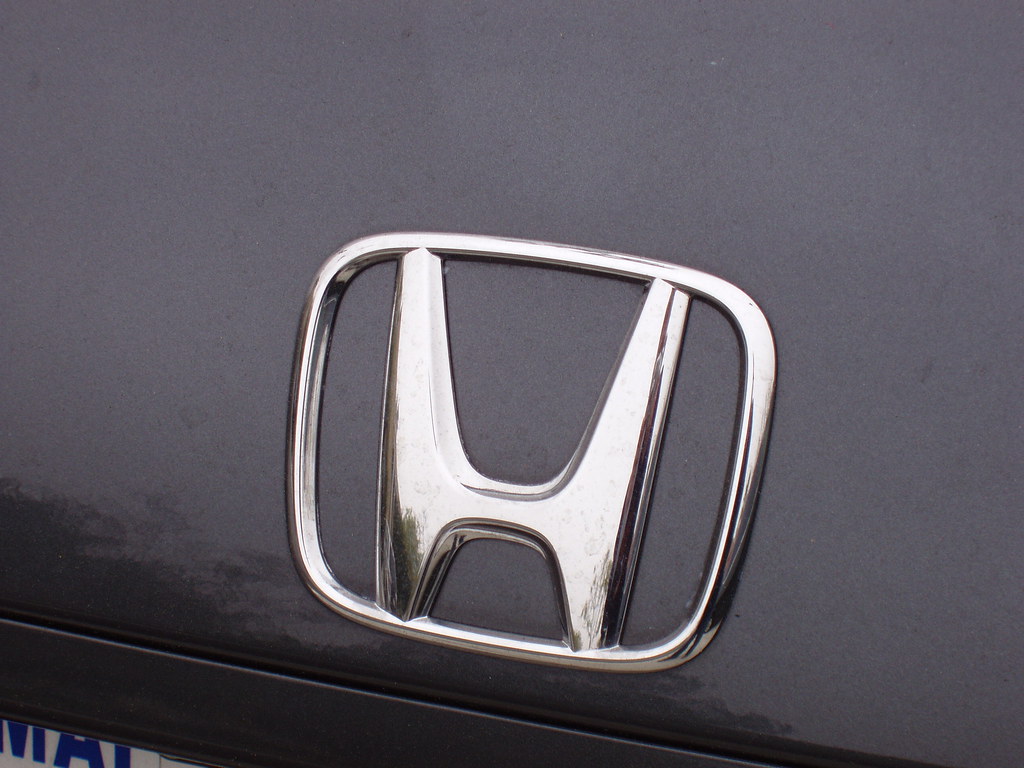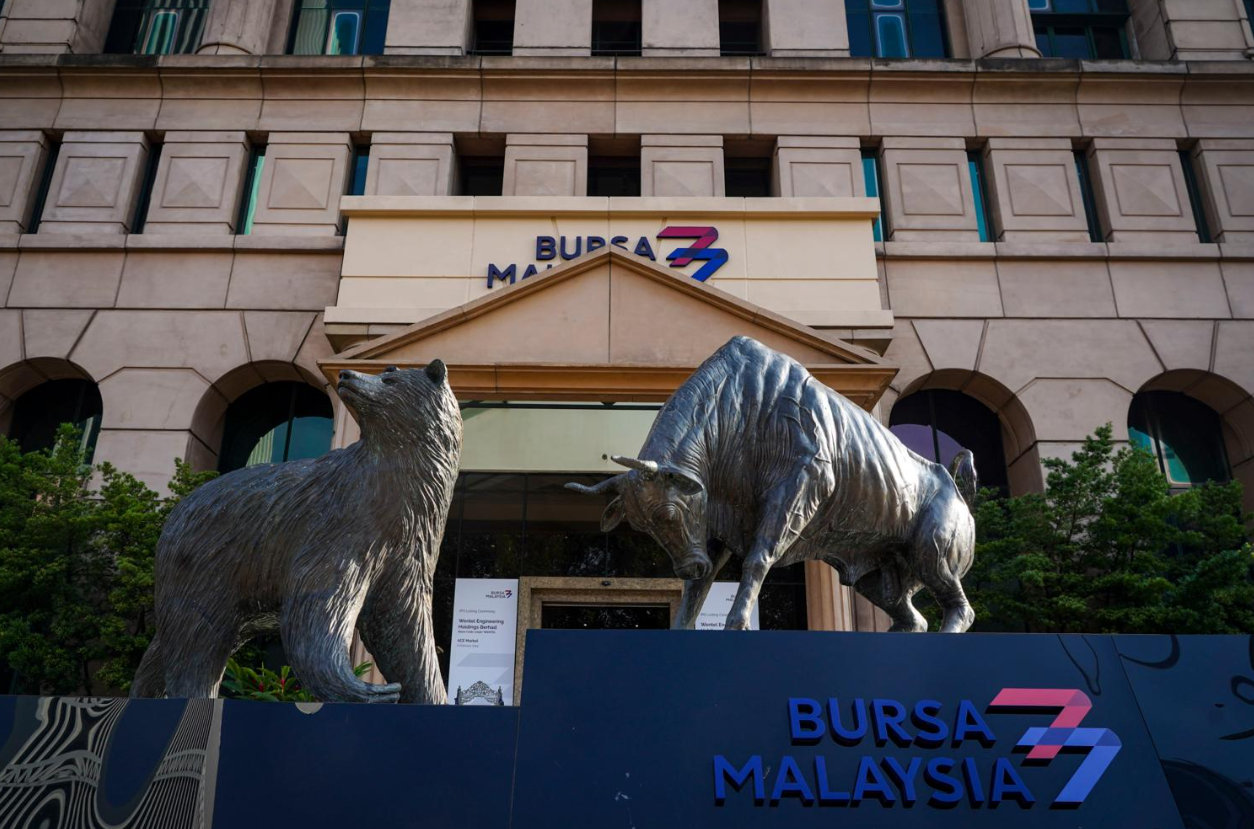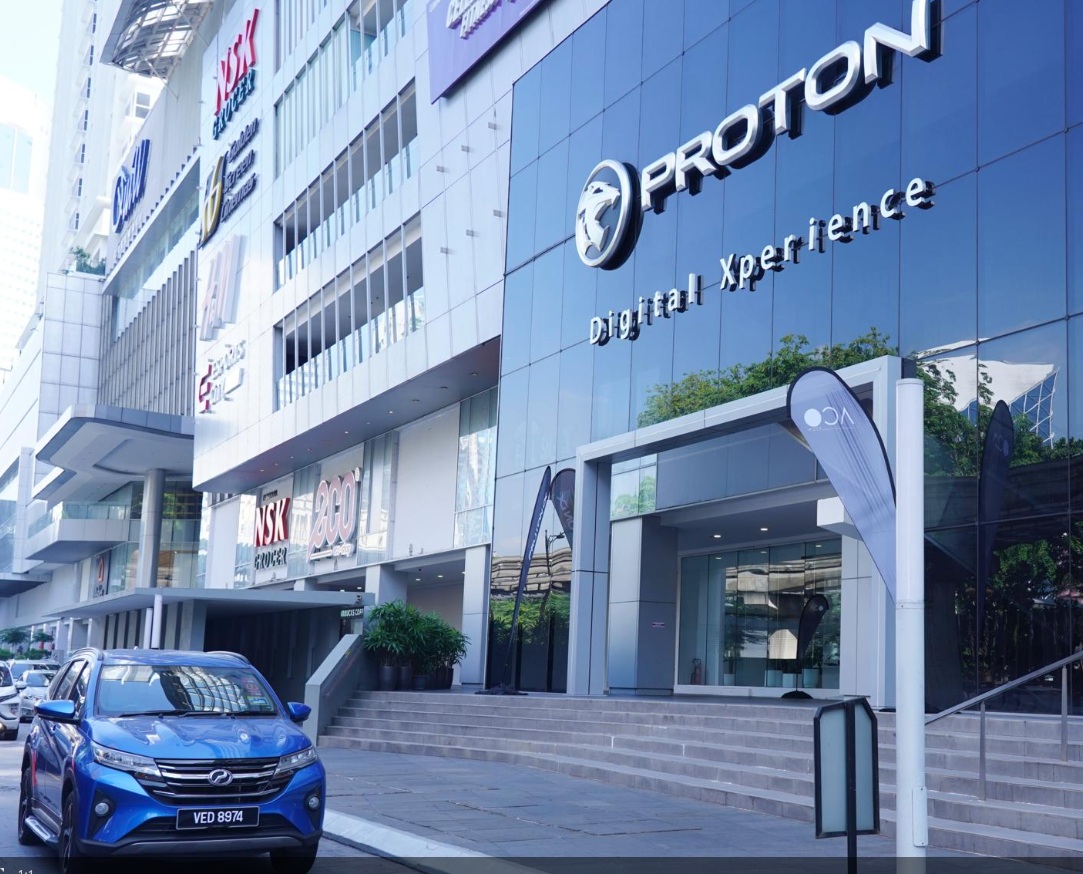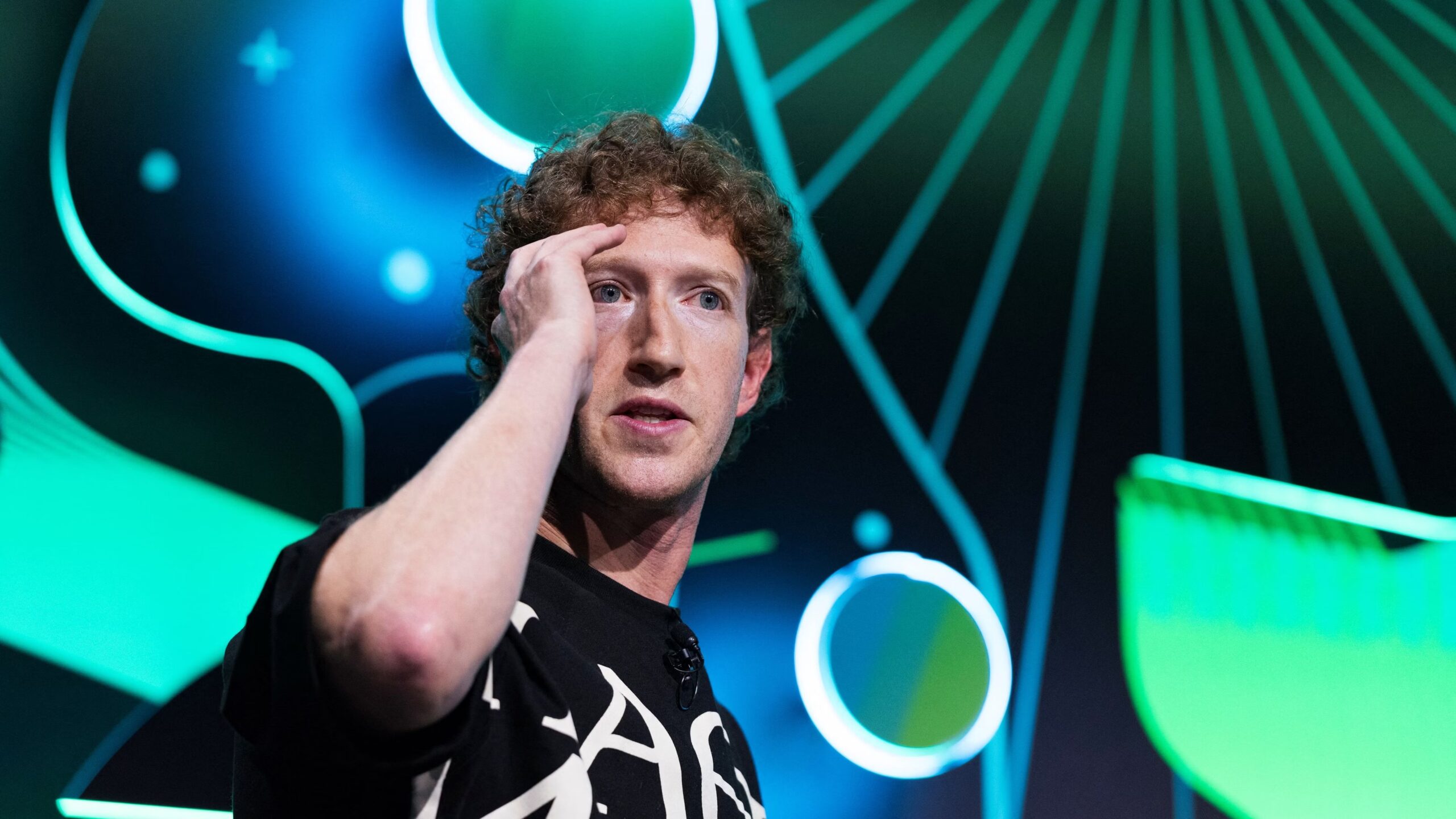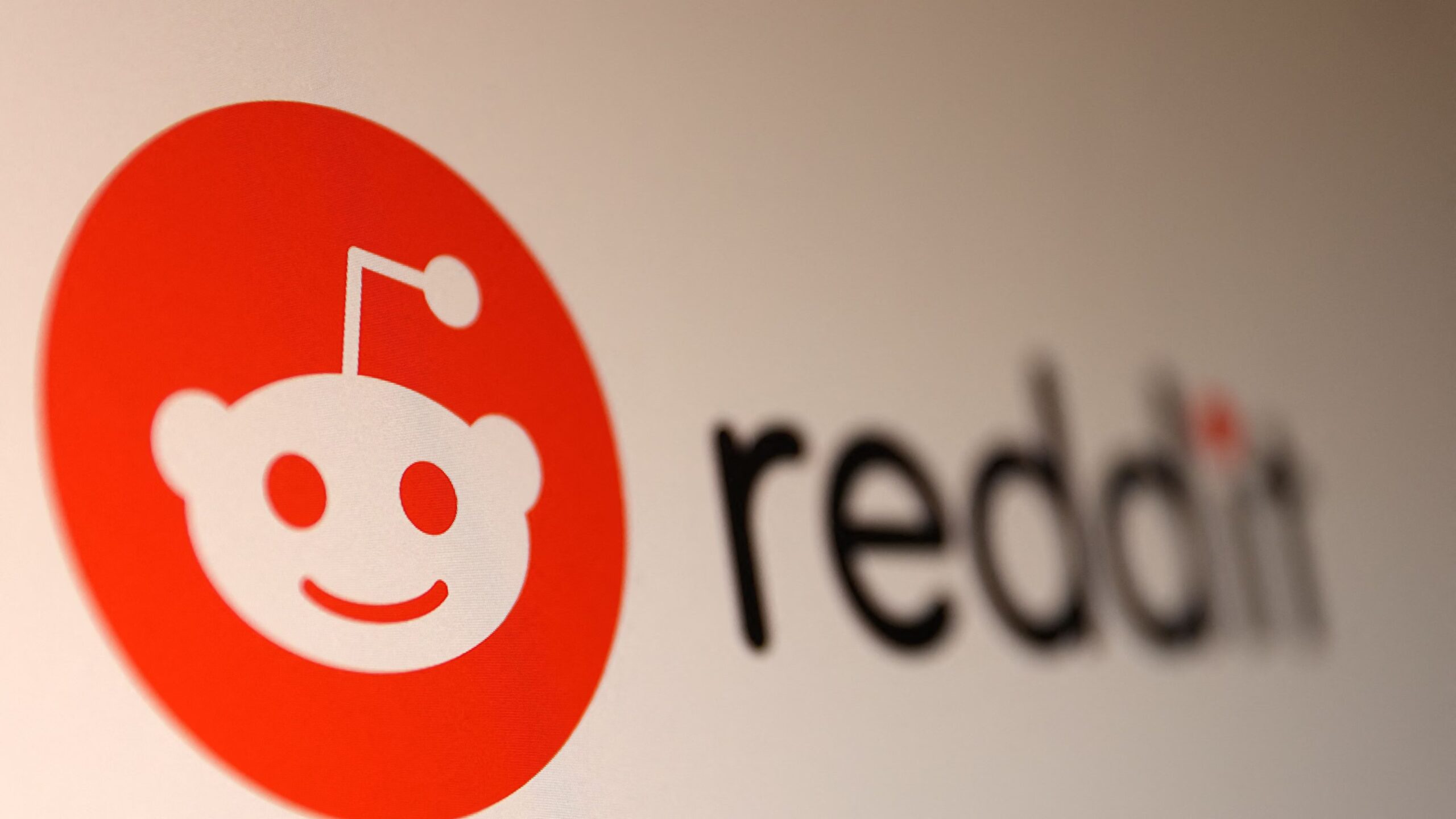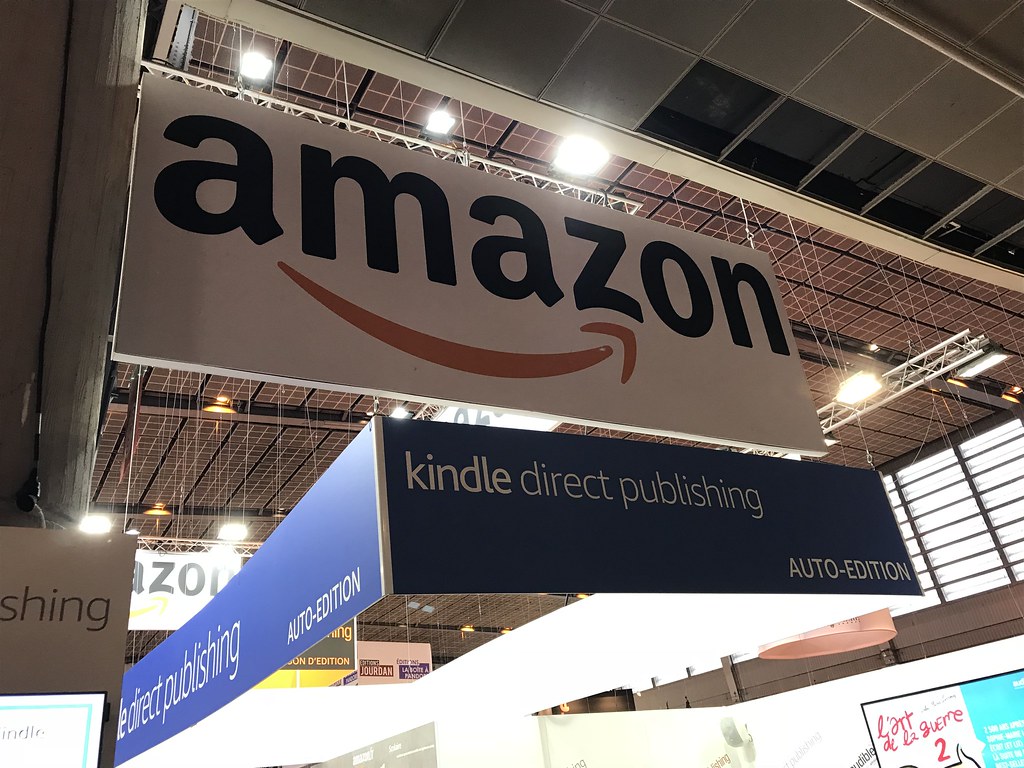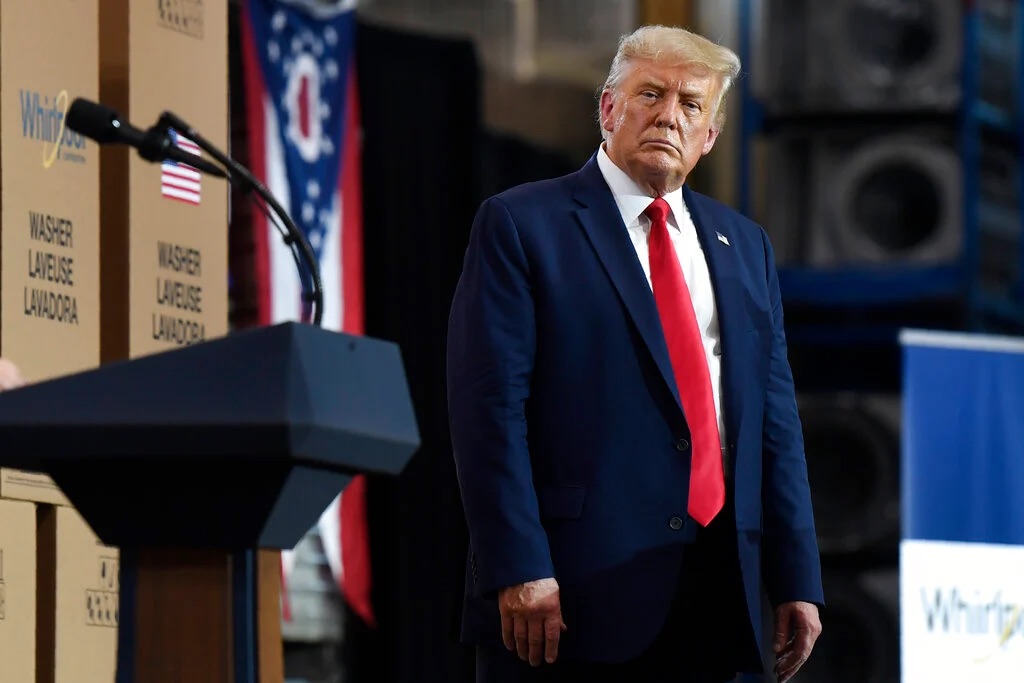The high-profile antitrust trial against Meta kicked off this week in Washington, with the U.S. Federal Trade Commission (FTC) accusing the company of unlawful business practices that hinder competition. The heart of the issue lies in Meta’s acquisitions of Instagram and WhatsApp over a decade ago, which the FTC claims were part of a strategy to eliminate rising competitors.
Meta Stifled Competition Through Acquisitions
According to FTC lawyer Daniel Matheson, Meta’s decision to buy out Instagram in 2012 for $1 billion and WhatsApp in 2014 for $19 billion was based on a belief that it would be easier to absorb the competition than to compete directly. “They decided that competition was too hard and it would be easier to buy out their rivals,” Matheson said in court. The FTC claims that Meta overpaid for Instagram, arguing that it was a strategy to neutralize a growing competitive threat to Facebook.
Meta, however, counters that its acquisitions were aimed at improving and growing both Instagram and WhatsApp. The company’s attorney, Mark Hansen, defended the purchases, saying, “Acquisitions to improve and grow have never been found unlawful, and they should not be found unlawful here.”
If the FTC prevails, the outcome could be a forced breakup of Meta, which might require the sale or spin-off of Instagram and WhatsApp. This would mark a significant shift in the tech industry and could have far-reaching implications for Zuckerberg’s empire. While Meta continues to argue that its acquisitions have created value for consumers, the FTC is adamant that they were part of a strategy to eliminate competition.
Rebecca Haw Allensworth, a professor of antitrust law at Vanderbilt, pointed to Zuckerberg’s own words as key evidence. In a 2012 memo, Zuckerberg referred to the need to “neutralize” Instagram, calling it a “smoking gun” for the FTC’s case.
Shifting Politics and Political Influence
As the trial unfolds, it is clear that the case is becoming more politicized. Relations between Zuckerberg and President Donald Trump have thawed somewhat after tensions arose over Meta’s decision to bar Trump from the platform following the Capitol riot in 2021. Meta has also made efforts to engage with Trump’s administration, contributing to his inaugural fund and adding several Trump allies to its board.
The case is also impacted by a broader political environment, as President Trump recently made moves to remove two FTC commissioners. This action has sparked concerns about potential political interference in the commission’s activities. The FTC, under the leadership of Chairwoman Lina Khan, is known for its aggressive stance on antitrust enforcement, particularly when it comes to Big Tech.
Legal experts are cautioning that the FTC faces an uphill battle in trying to force a breakup of Meta. Laura Phillips-Sawyer, a professor of business law at the University of Georgia, stated that Meta’s dominance in the personal network services space, which includes Facebook, Instagram, and WhatsApp, faces more competition than Google’s online search monopoly, making the case more complicated. She noted, “There’s more competition in the personal network services space that Meta operates in.”
Despite these challenges, the case against Meta is a critical test for antitrust enforcement in the tech sector. The outcome will have profound implications not only for Meta but for the future of big-tech mergers and acquisitions.
Author’s Opinion
The possibility of a breakup or forced sale of Instagram and WhatsApp would be a significant move in promoting fairer competition in the tech space. Meta’s monopolistic dominance over social media platforms has stifled competition, and the antitrust case against them is an opportunity to level the playing field. While the legal hurdles are high, breaking up the company could force a more diverse and competitive market, benefiting both consumers and smaller competitors.


